The time to wait for an absolutely killer phone from Samsung is over. They've released a giant of a phone known as the S20 Ultra, and at least on paper, it's a grand slam. But only a few months ago, Apple released its first "Pro" iPhone, and it was giant in its own right. So which is better?
If you're full-on Team Android or Team Apple, you're probably too deep in the game to switch at this point. But if you're the type of consumer who doesn't blindly follow brands, and you happen to have at least a grand to drop on an absolutely top-tier phone, this is a showdown for the ages.
- Don't Miss: iPhone 11 Pro Max vs. Galaxy Note 10+
Comparison Chart

Jon Knight/Gadget Hacks
What the Galaxy S20 Ultra Does Better
The main reason to opt for the Galaxy S20 Ultra is the rear camera, which starts with the new 108 MP primary lens. While you can take 108 MP photos, by default Samsung, will opt for 12 MP by combing a cluster of nine pixels into a single pixel. This helps increase the pixel size from 0.8 µm to 2.4 µm for an improved night mode, a feature it previously struggled with.

Alongside the 108 MP camera is a 48 MP telephoto camera. This has a periscope lens capable of 10x optical zoom. It also has an incredible 100x digital zoom, which Samsung named "Space Zoom." And unlike the iPhone 11 Pro Max, there is also a 3D Time of Flight sensor on the rear for improved distance measuring.
The front-facing camera, which is housed in a smaller punch-hole than last year's Note 10 series, has been upgraded with a 40 MP camera.
The Galaxy S20 Ultra has a larger display at 6.9 inches (one of the biggest on a smartphone), which will likely be the highest-quality screen available on a smartphone until the iPhone 12 Pro Max. This is a 120 Hz display, double the refresh rate of the 11 Pro Max. It is also an HDR10+ certified display compared to the iPhone's HDR10.
What the iPhone 11 Pro Max Does Better
With the iPhone 11 Pro Max, you get arguably the best SoC on the market. The Apple-produced A13 can achieve higher CPU and GPU scores on most benchmarks despite having two fewer cores and lower clock speeds. And unlike Qualcomm Snapdragon 865, this system-on-a-chip is designed alongside the operating system for streamlined performance.
While both flagship phones have an IP68 rating, the iPhone 11 Pro Max is rated for 30 minutes of submerged up to 4 meters (13.12 feet) of water, the highest on a smartphone.
Finally, unlike most years where Samsung is usually cheaper, Apple's highest-end model's entry price is actually $300 lower. The question for you is if the additional features are worth the extra cash. Whether you think so or not, one thing we can agree upon is it has a higher value at its lower price point.







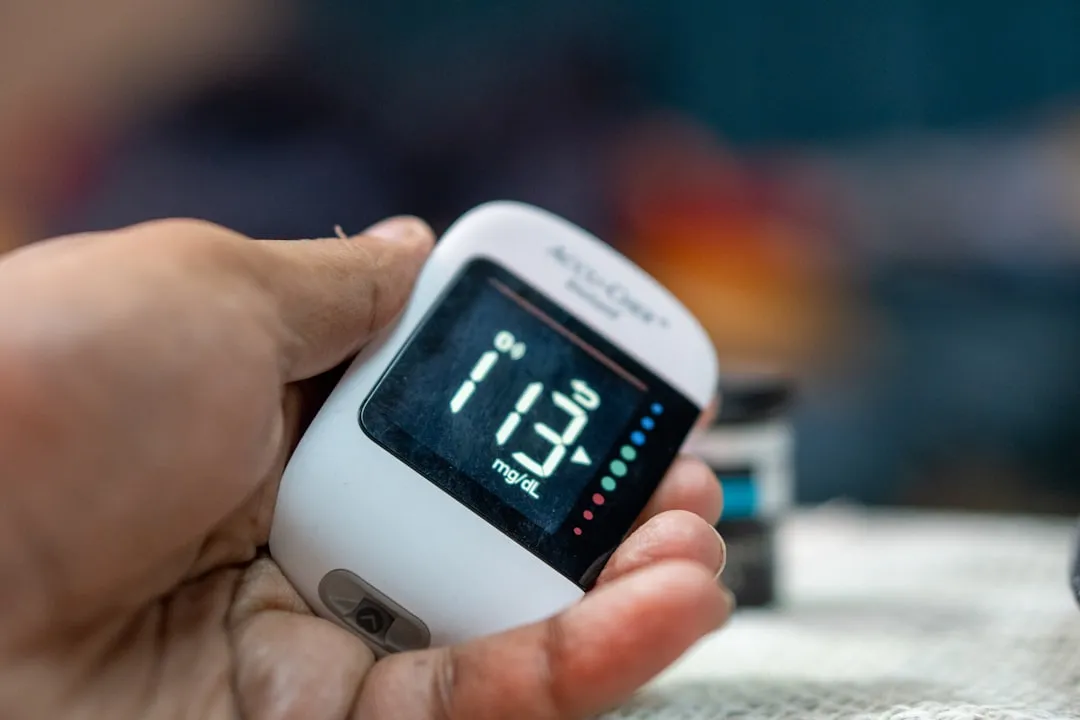
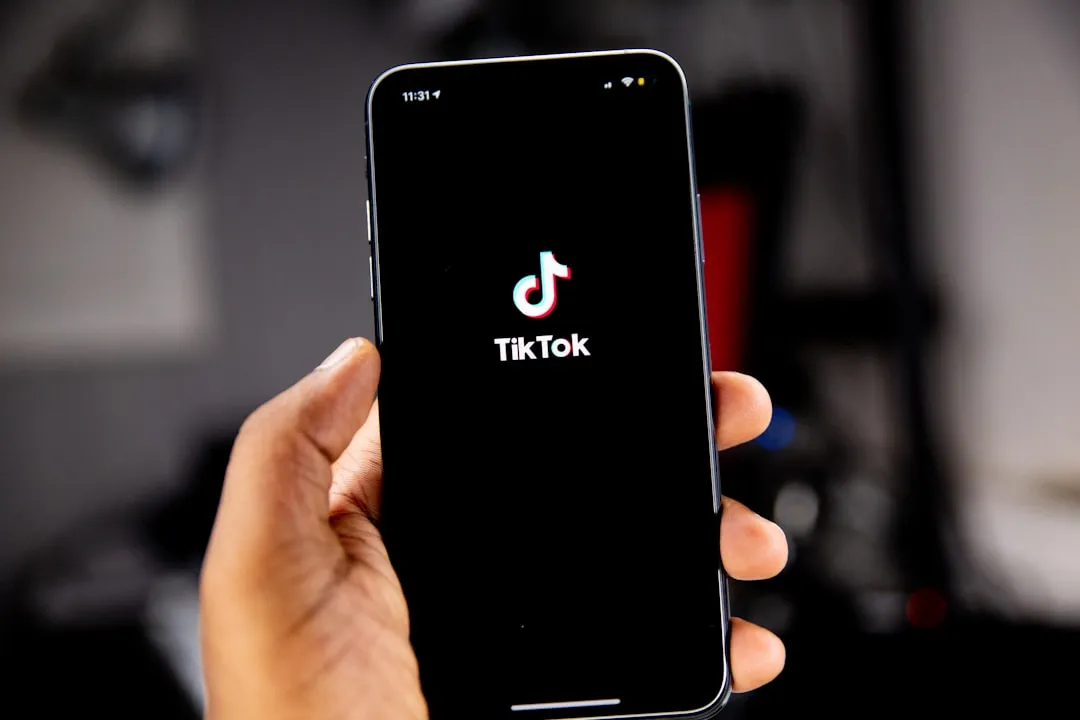
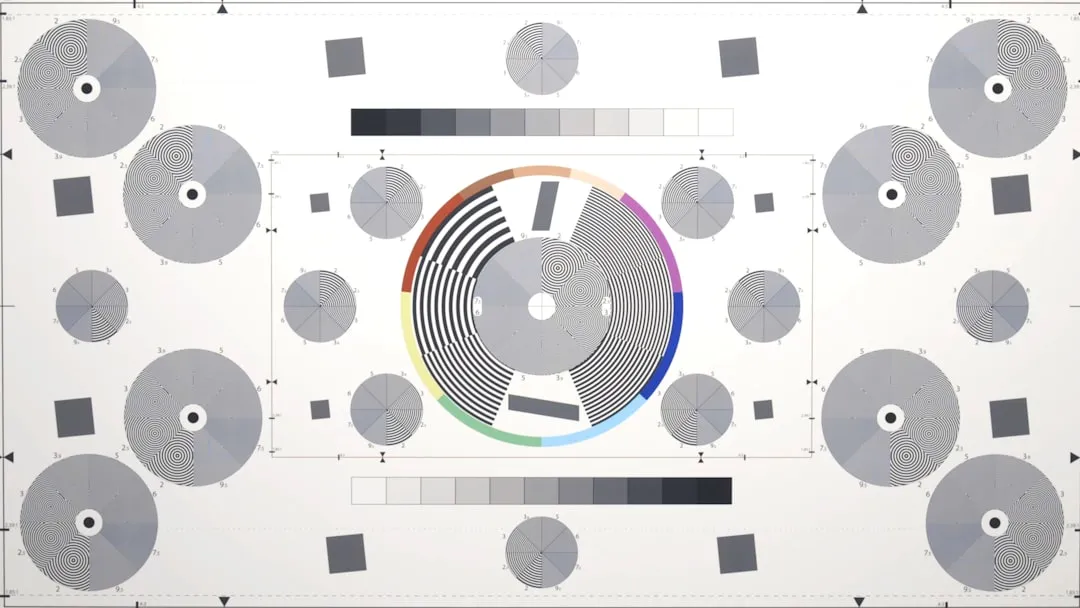
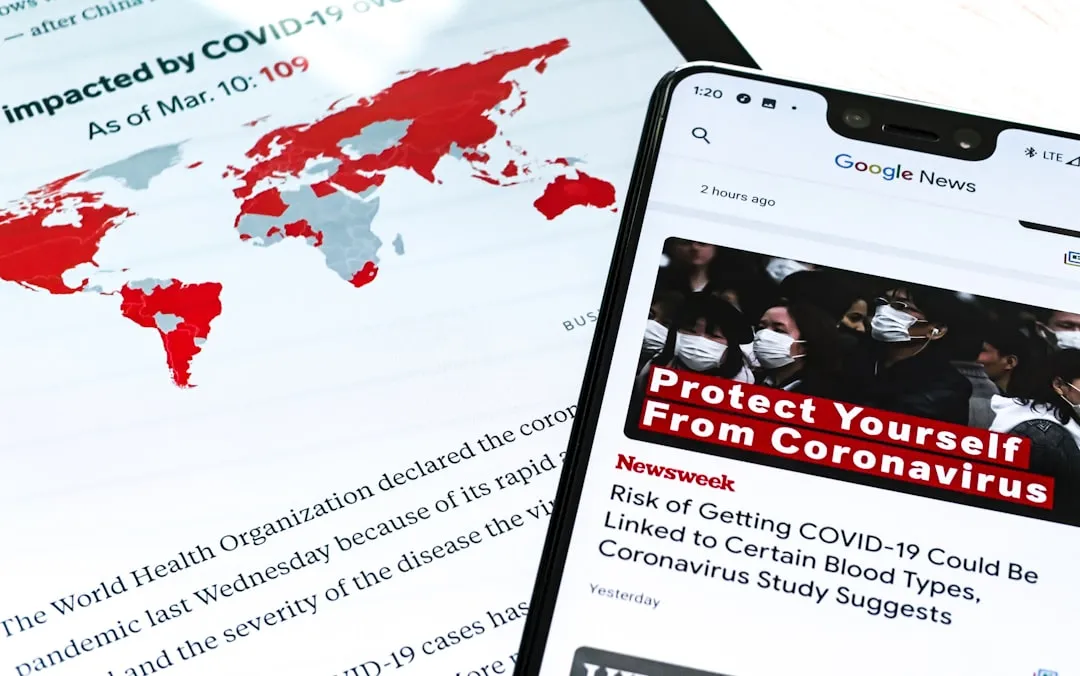

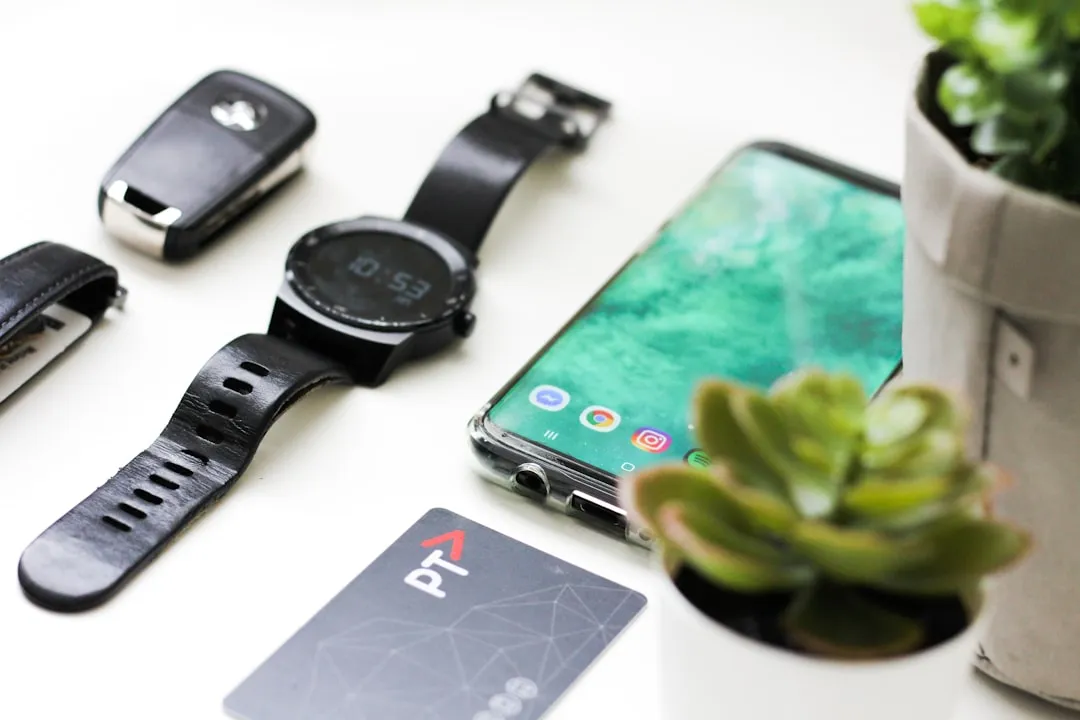
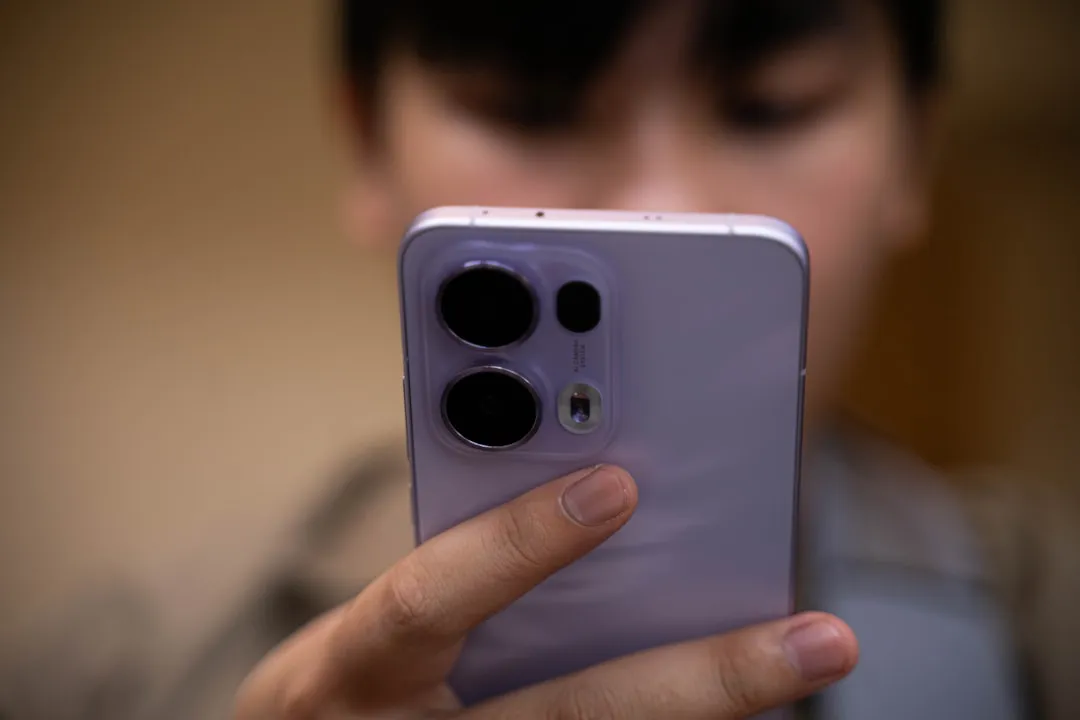
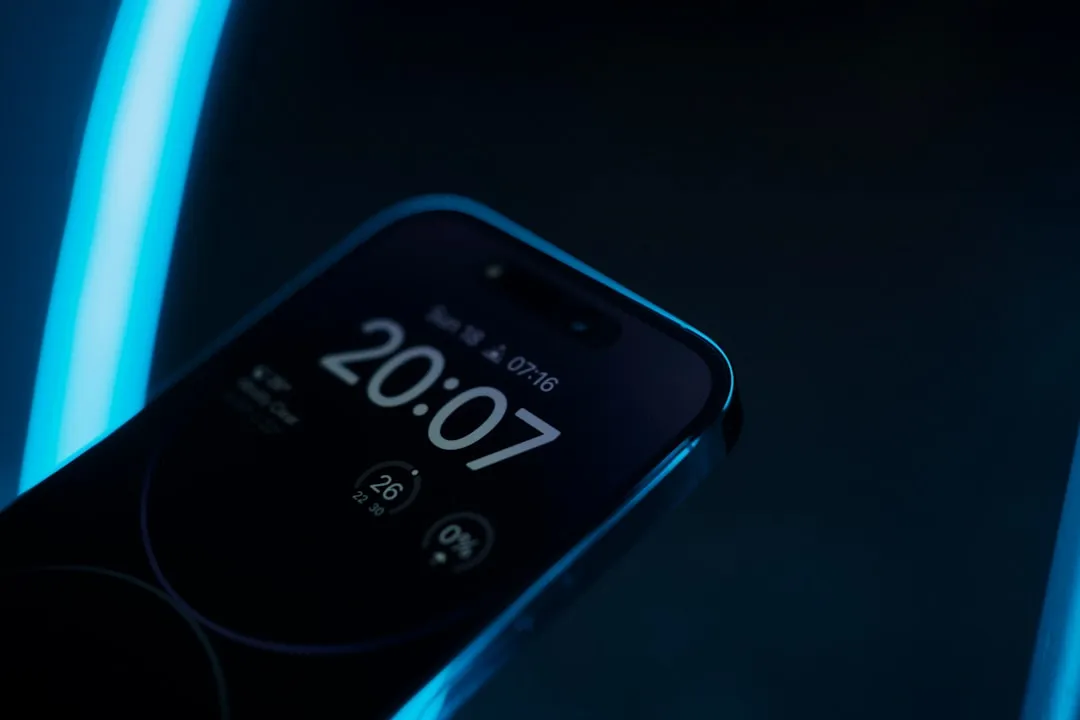
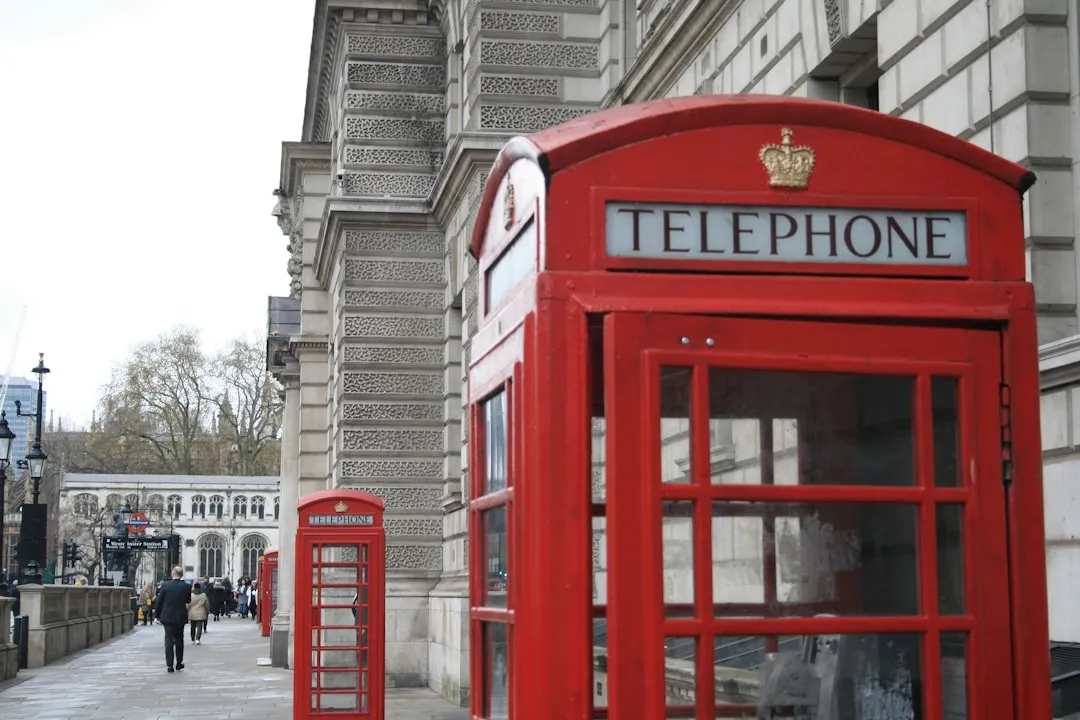
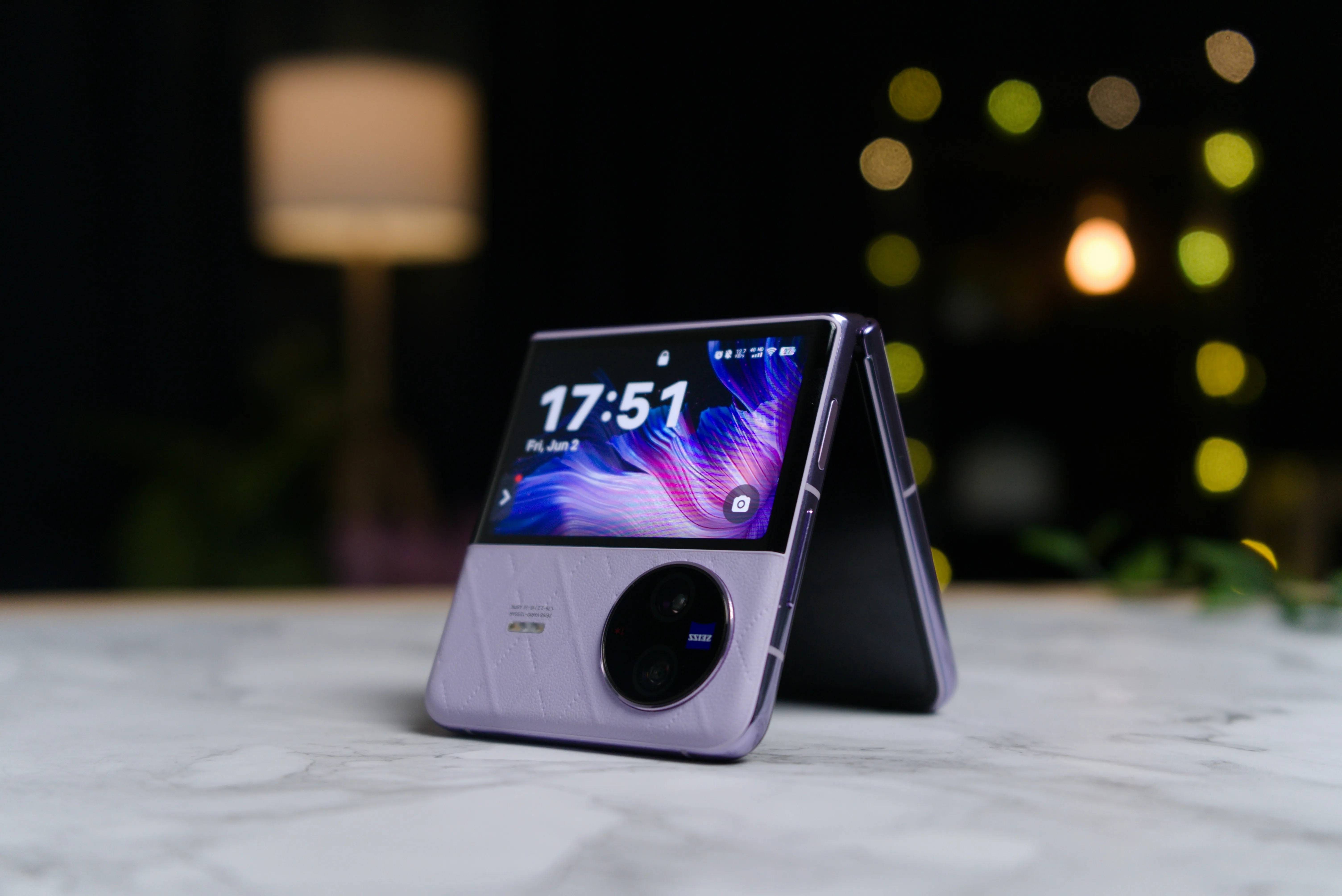
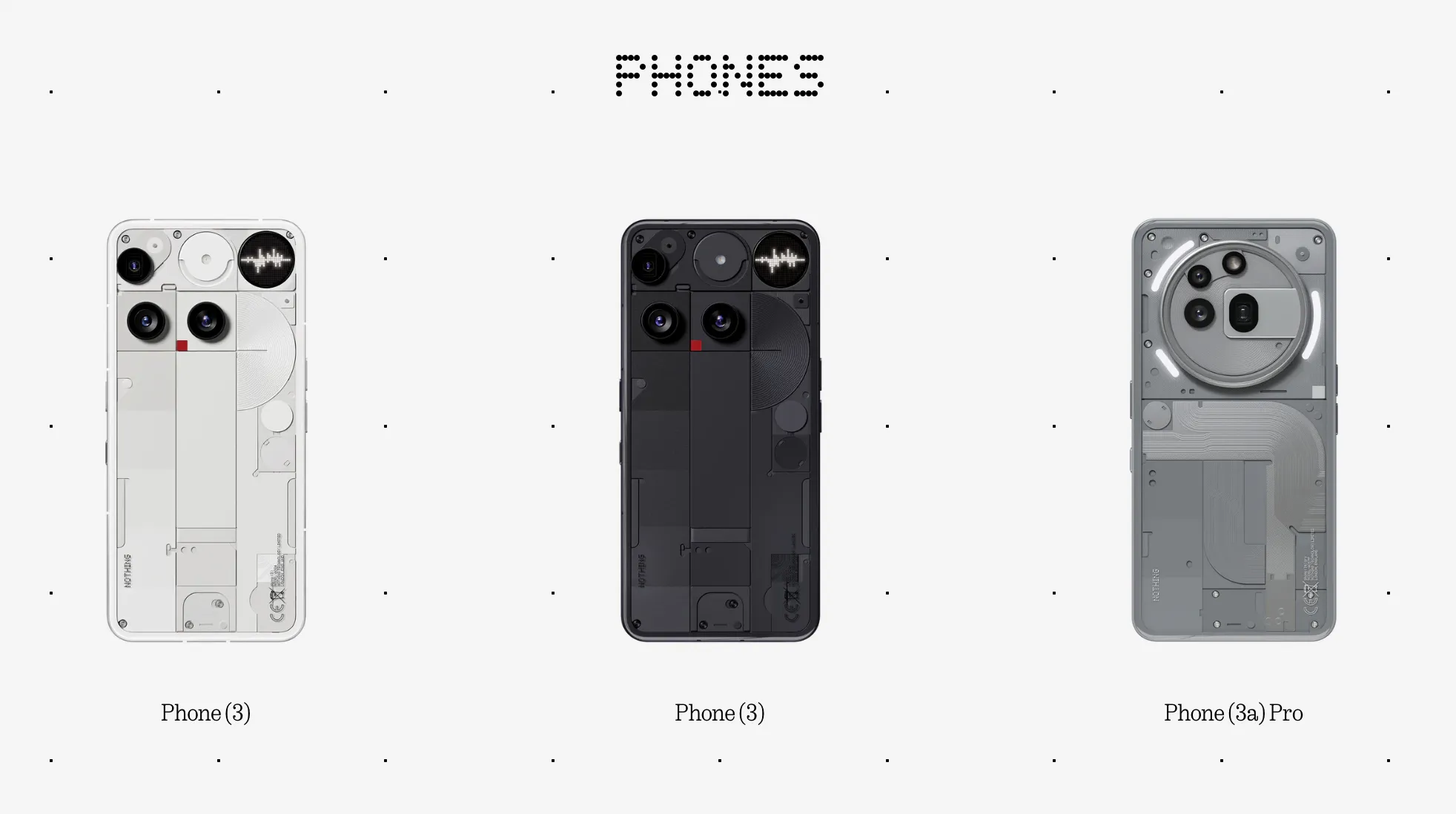
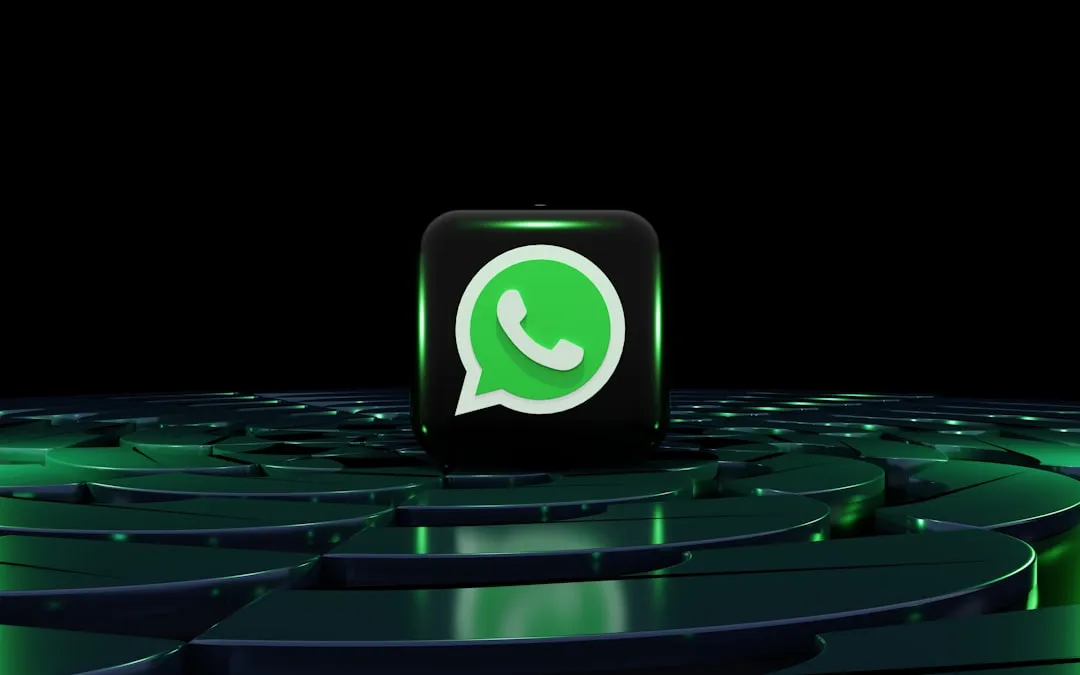
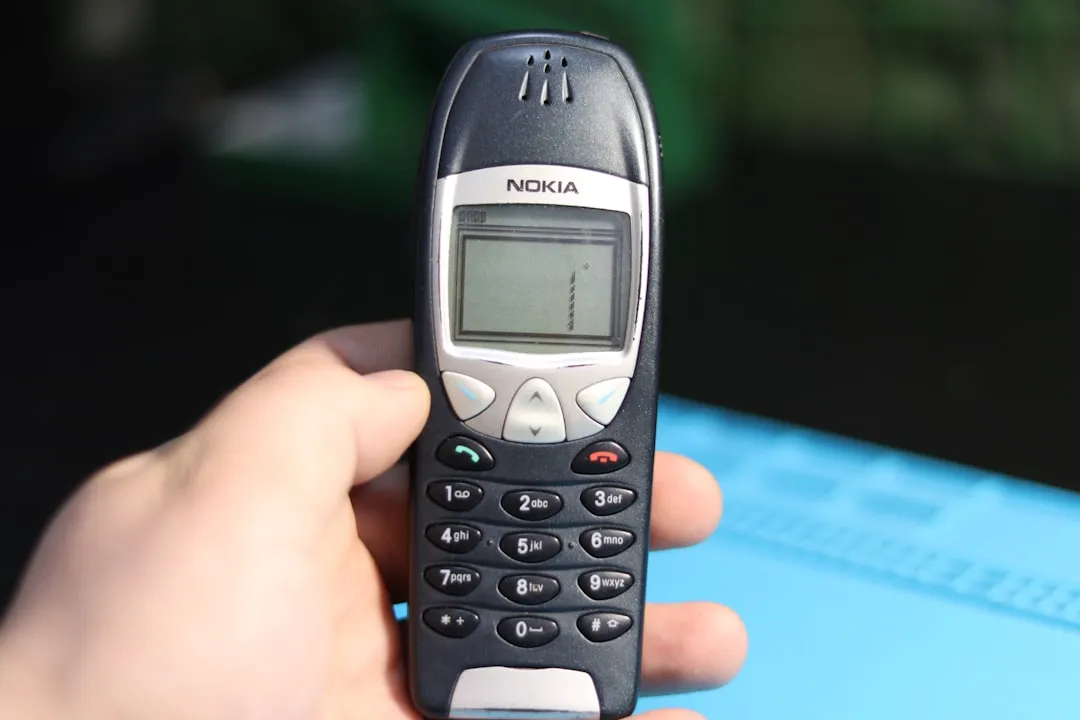
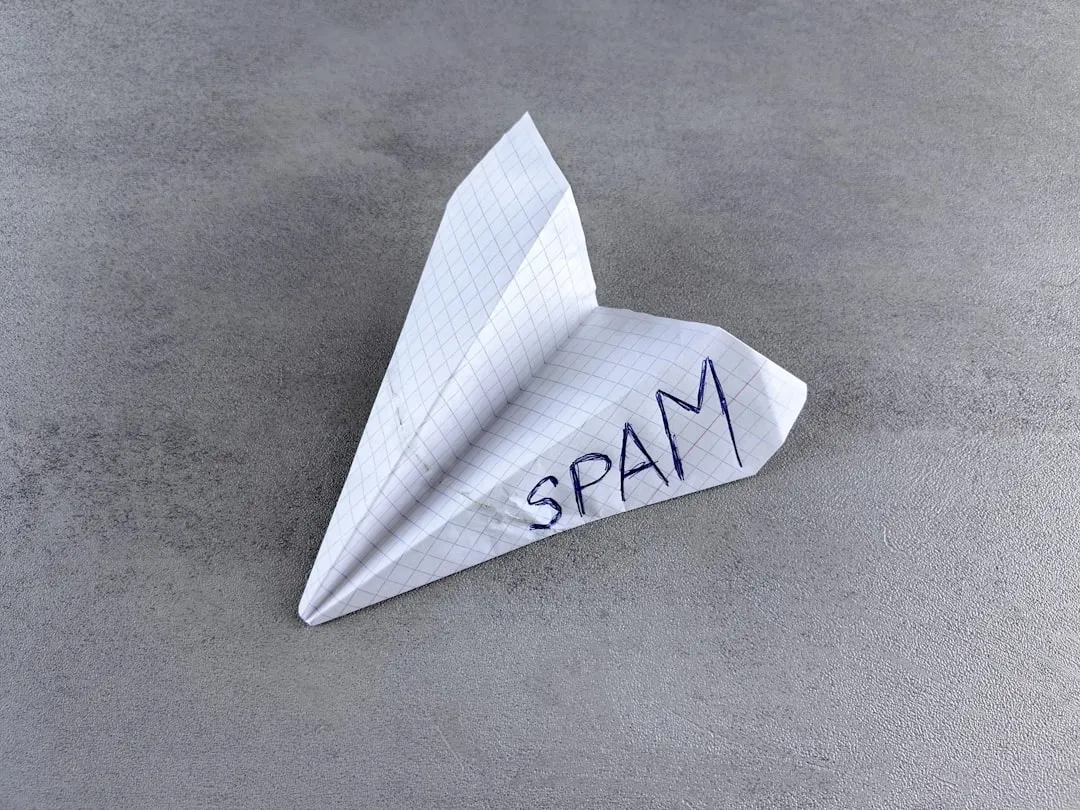
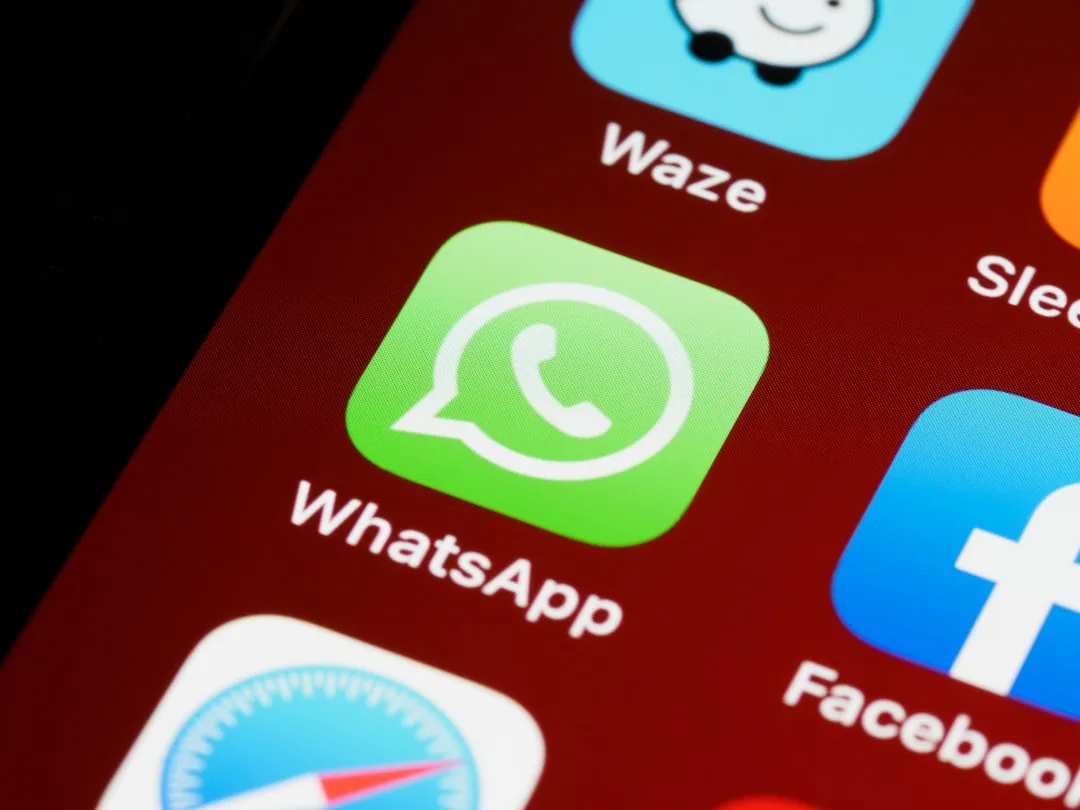

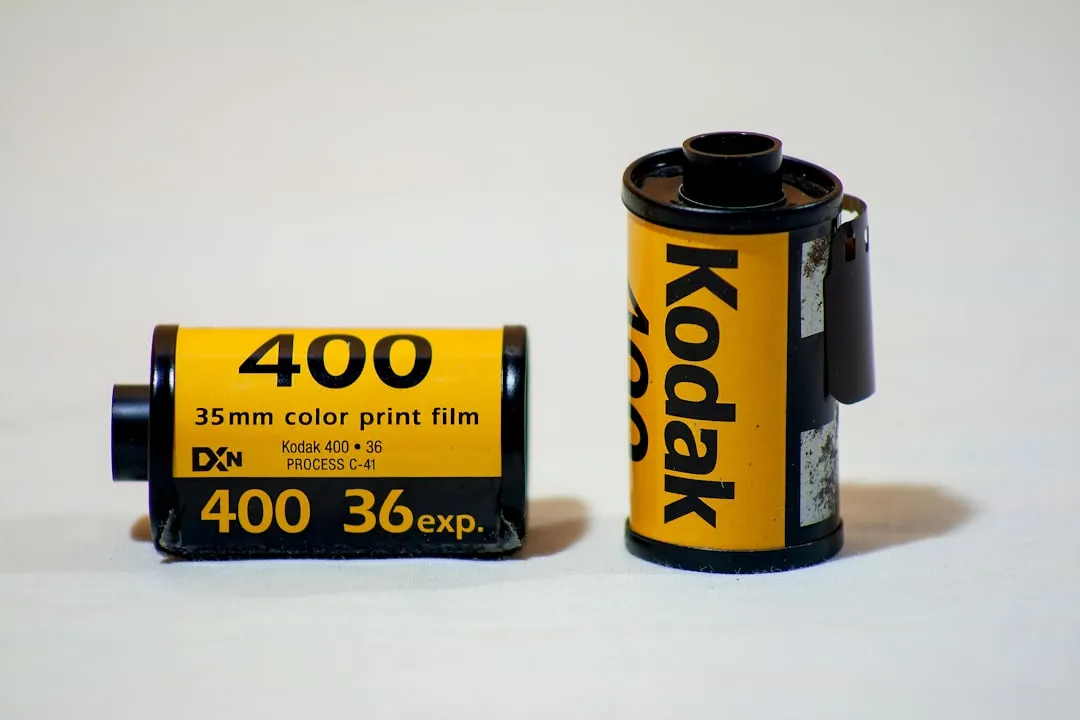
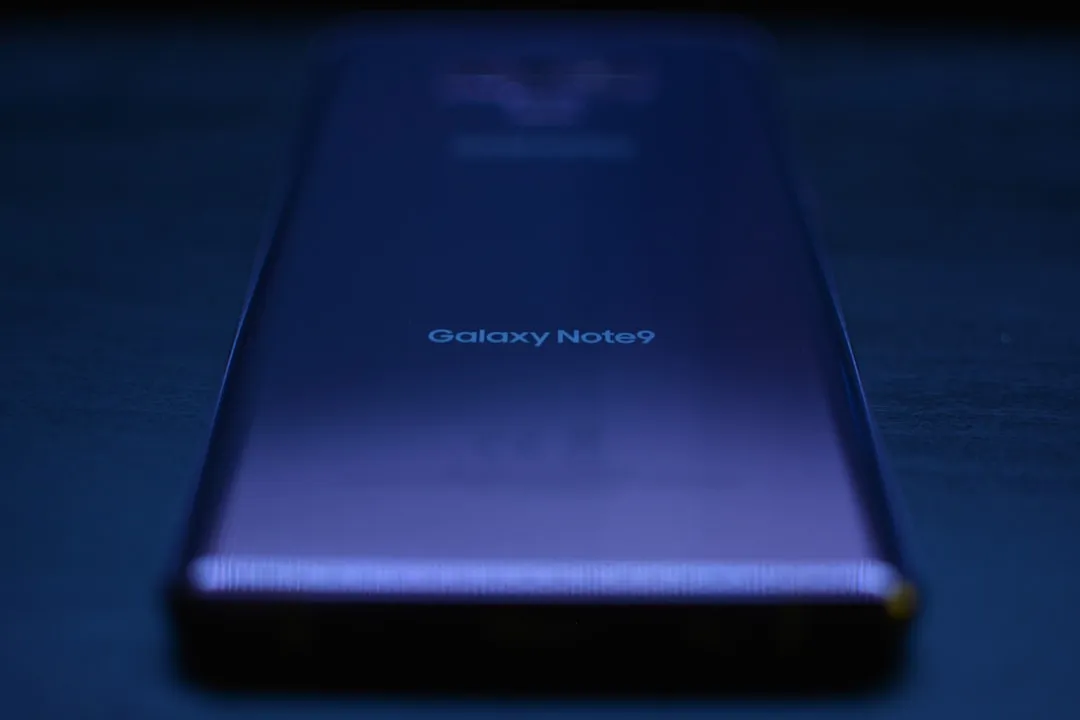
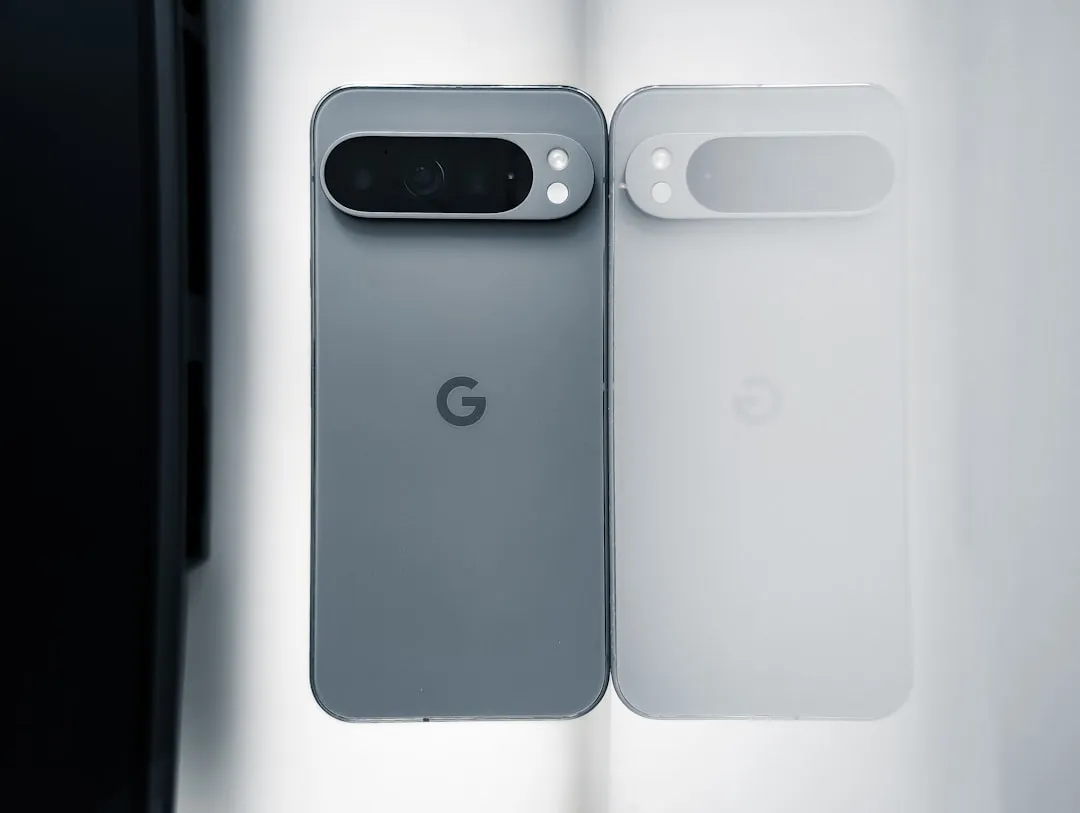
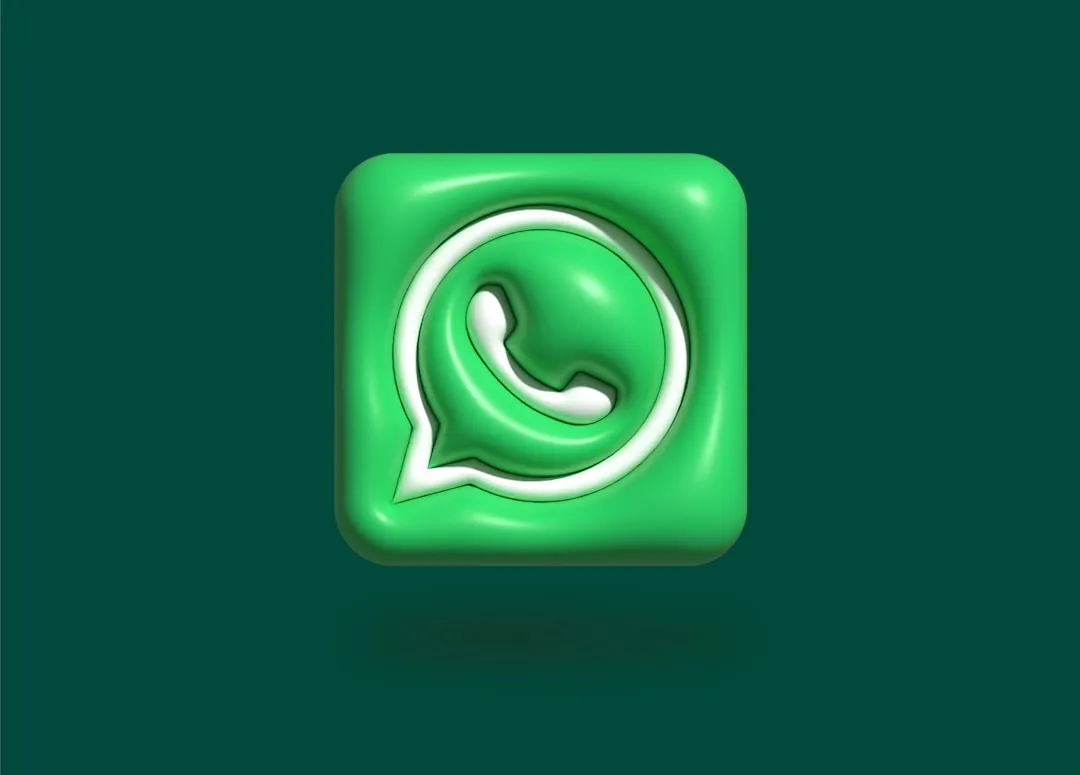
Comments
Be the first, drop a comment!